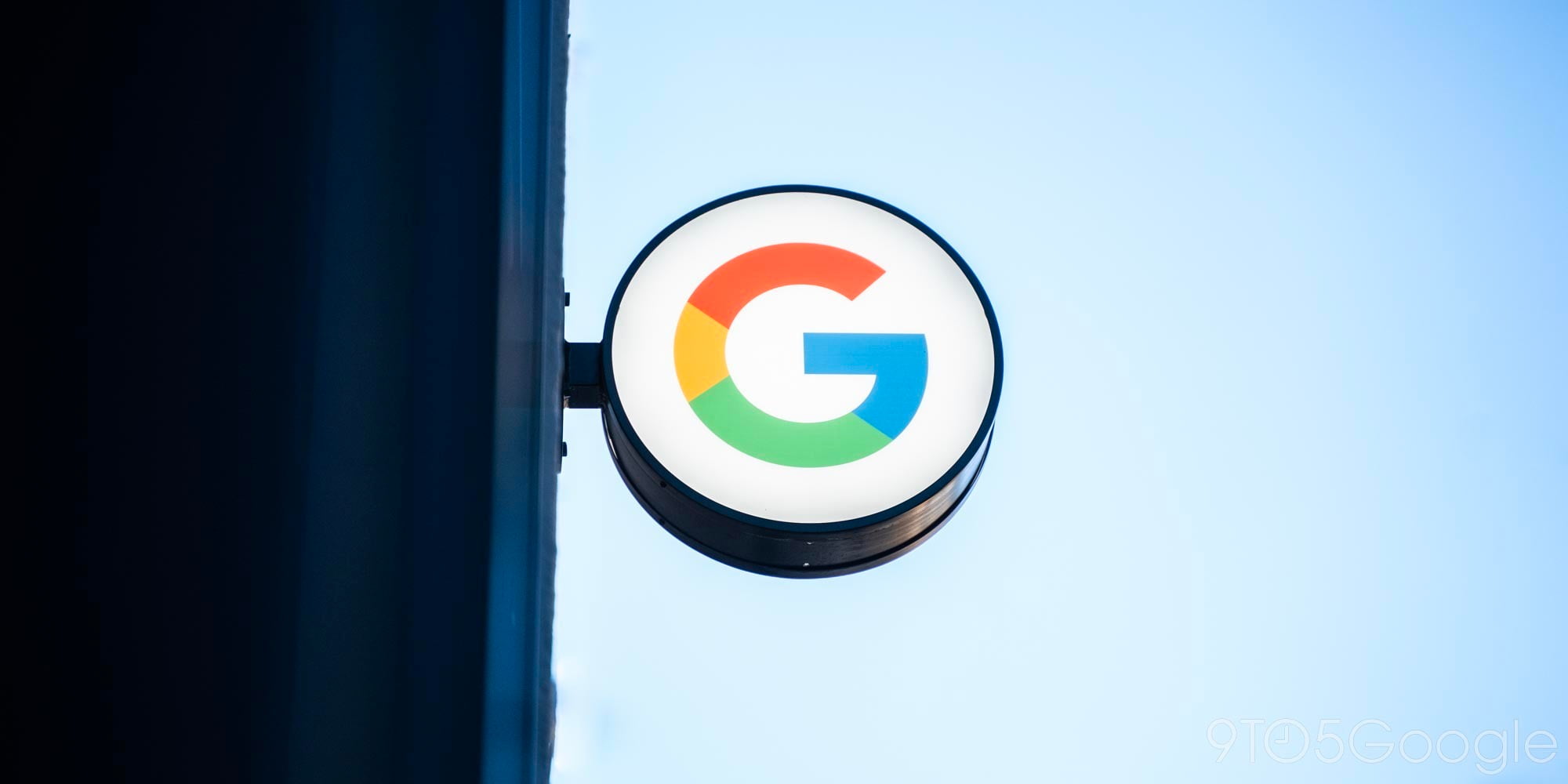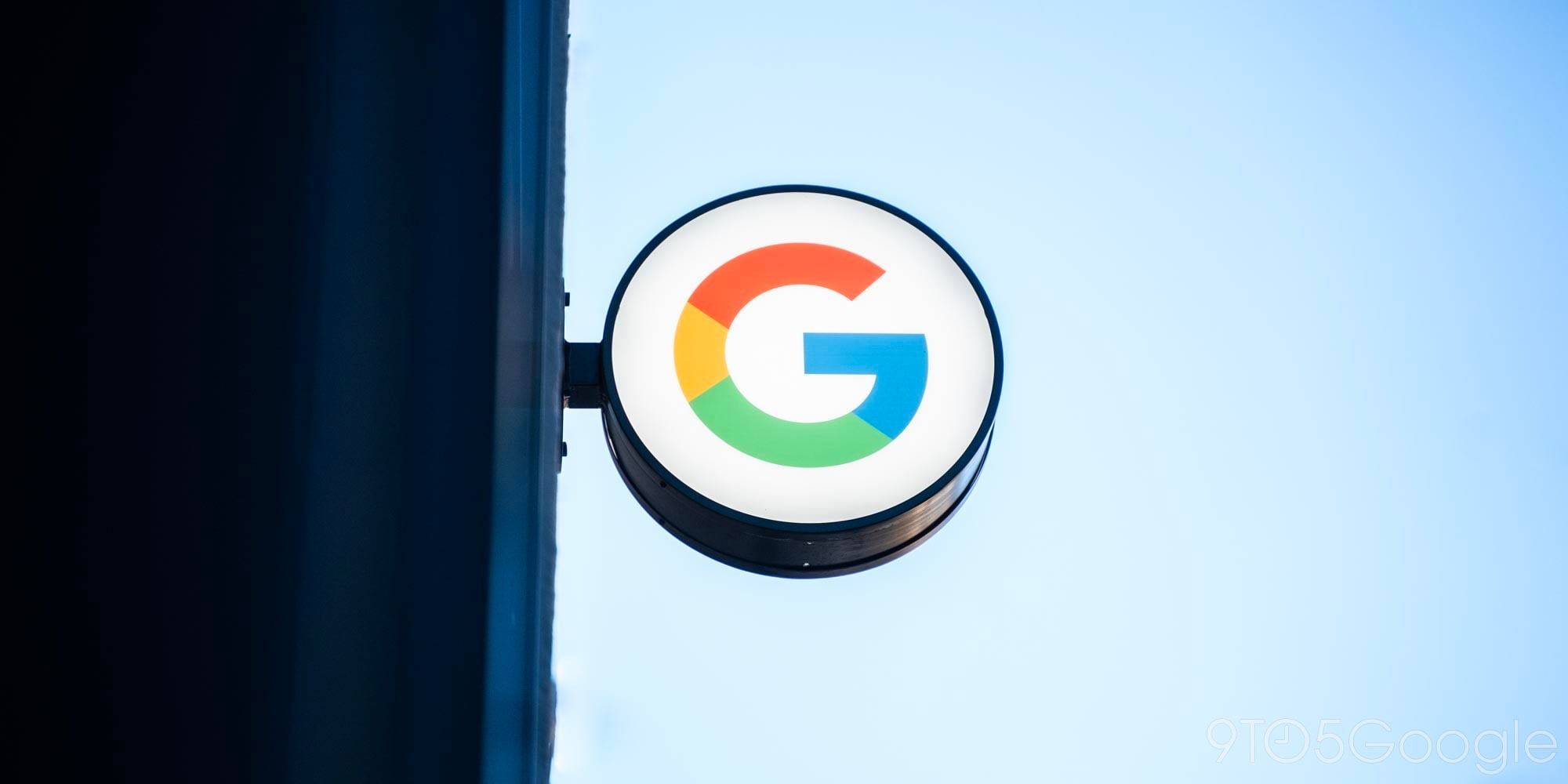Google X robotics expert speaks out on the decline of women in tech from 35% to 26% (Video)


If we want to understand why the percentage of women in working in the tech sector has dropped from 35% in 1990 to just 26% today, asking some women in tech for their thoughts on the issue seems like a smart thing to do. Re/code is doing just that, in a new video series entitled The 26%: Women Speak Out on Tech’s Diversity Crisis, and a Google X robotics expert was first in line …
Expand
Expanding
Close


